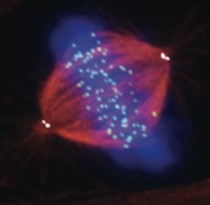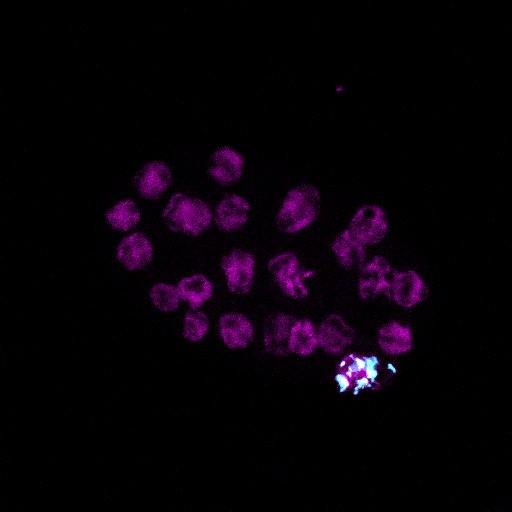Graduate Research
Utilizing cutting-edge technology, and enabled by world-class research infrastructure at WPI’s Life Sciences and Bioengineering Center, our faculty explore diverse research interests that include topics ranging from cancer biology, neurobiology and microbiology research to studies of brain plasticity and pollinator decline. Student-driven research benefits from close mentorship by dynamic faculty who encourage creativity and inquisitiveness. Driven by interdisciplinary teams of WPI faculty and industry partners, research at WPI is making an impact.

Molecular & Cellular Biology
Areas of focus: Cytoskeletal dynamics, epigenetics/gene regulation, signal transduction mechanisms
Biological systems: C. elegans, Drosophila, M. musculus, Physcomitrella, and C. albicans, S. cerevisae, Cultured cells
Faculty: Joe Duffy, Natalie Farny, Amity Manning, Lauren Mathews, Shane McInally, Inna Nechipurenko, Reeta Rao, Scarlet Shell, Jagan Srinivasan, Luis Vidali, Karl-Frédéric Vieux, Pamela Weathers

Behavioral and Environmental Biology
Areas of focus: Animal behavior, biological diversity, biosensing and bioremediation, brain plasticity, and plant biology
Biological systems: C. elegans, Danaus plexippus, Orconectes spp., and Drosophila
Faculty: Joe Duffy, Natalie Farny, Lauren Mathews, Jagan Srinivasan

Development, Neurobiology, and Organismal Biology
Areas of focus: Cancer biology, regenerative medicine, neuronal migration, circuits, degeneration, pathogenic mechanisms and plant biology
Biological systems: C. elegans, Drosophila, M. musculus, Physcinitrella, C. albicans, and Cultured cells
Faculty: Joe Duffy, Amity Manning, Inna Nechipurenko, Reeta Rao, Scarlet Shell, Jagan Srinivasan, Luis Vidali, Karl-Frédéric Vieux, Pamela Weathers
Biology Meets Physics
Assistant professor Luis Vidali describes his collaboration with assistant professor Erkan Tuzel of the Department of Physics to investigate cell biology and help develop a more active biophysics program at WPI.
Cells to Rebuild the Body
Associate professor Tanja Dominko is investigating plasticity of cells—manipulating skin cells, for example, to help wound healing. She discusses her NIH-recognized research.
Cultivating a New Malaria Treatment
With malaria still raging as one of the most prevalent and deadly infectious diseases of the developing world, hope for a long-lasting and effective treatment moves ahead. Professor Pam Weathers found that whole plant therapy derived from the Artemisia annua plant was more effective than conventional malaria drugs.